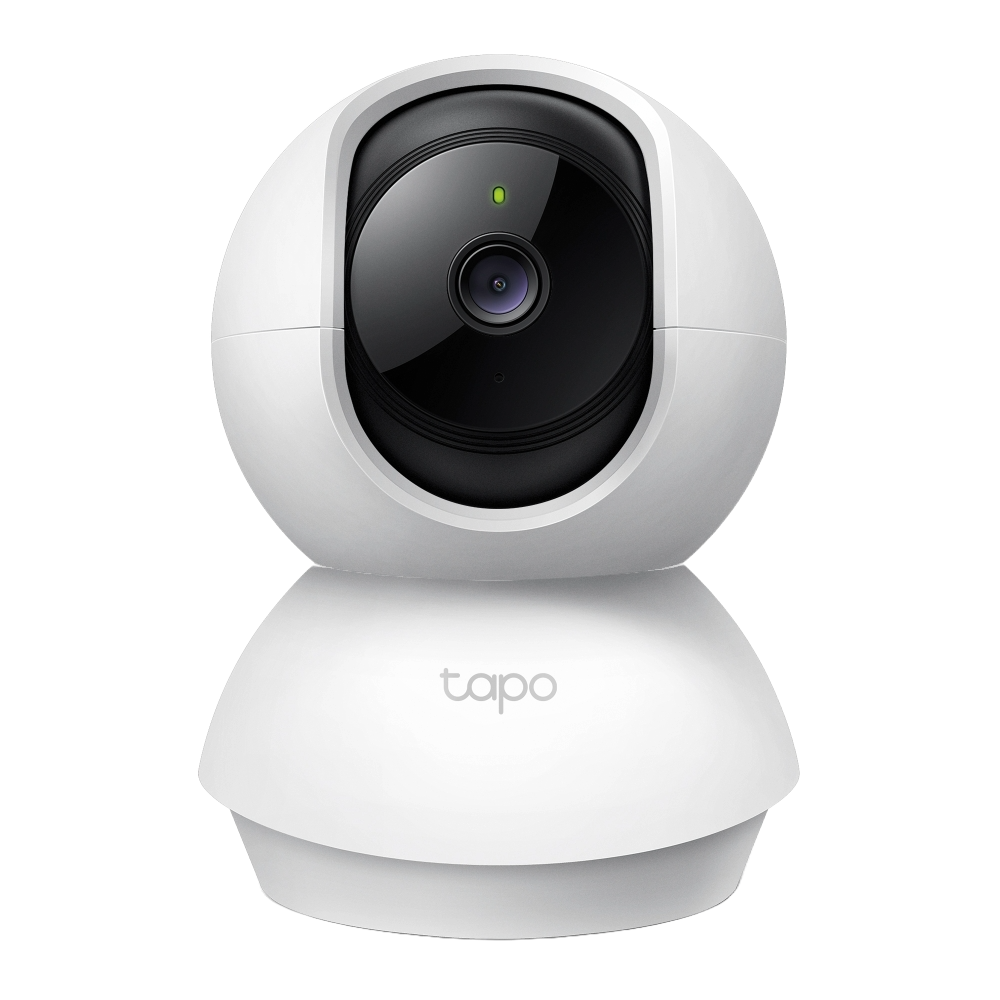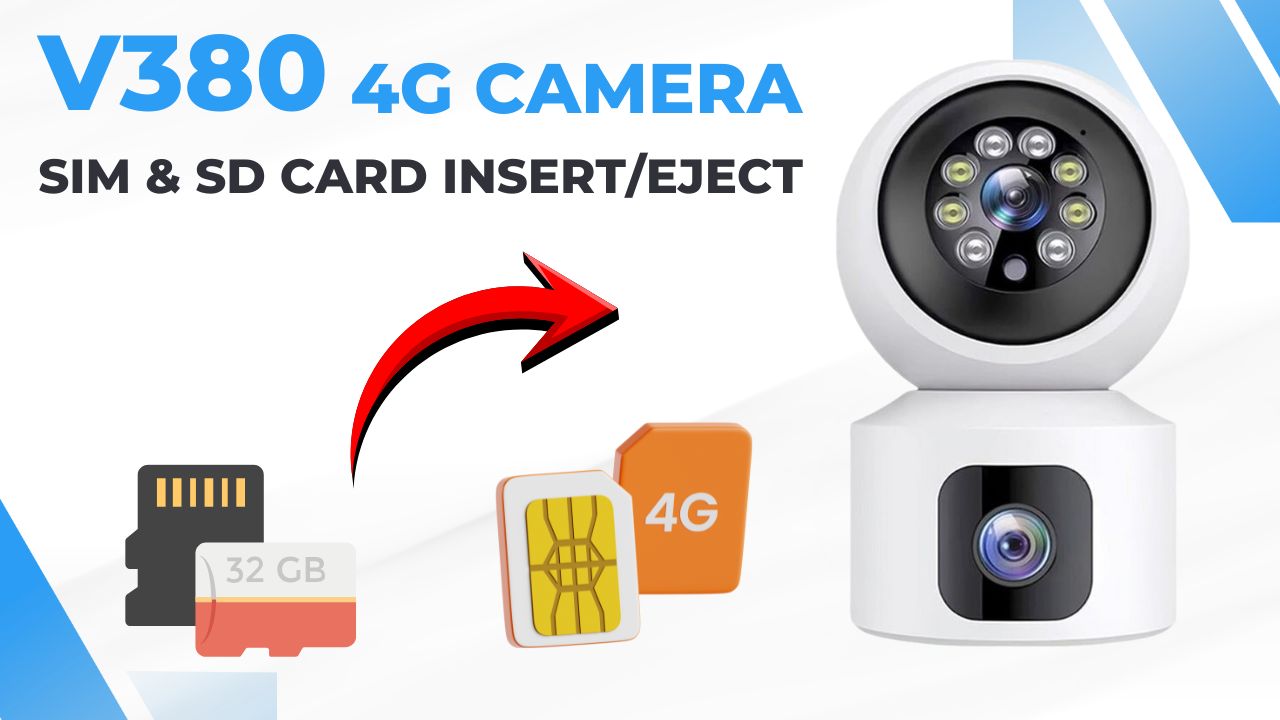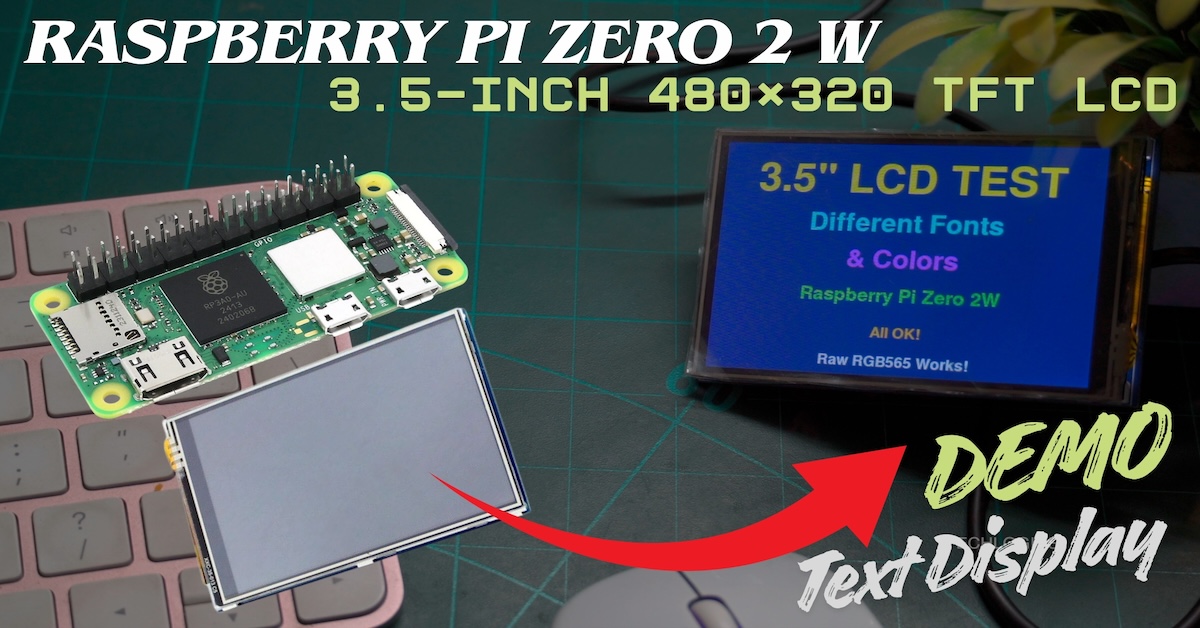IP camera is a network digital camera that uses the Internet Protocol (IP) and has its own IP address. Normally, the term “IP camera” is used when referring to the video surveillance cameras.
Unlike the analog CCTV cameras that transmit the video images by cables with a limited length, the IP cameras send the video stream in a digital form to any distances. . Once an IP camera captures an image, it converts it into a digital signal. This digital signal is then compressed to make transmitting over a network or the Internet easier then it reaches the NVR, where it is stored and can be accessed for playback when required.
Many contemporary IP systems employ Power over Ethernet (PoE), an innovative security system feature providing both power and data from the NVR to the camera through a single cable. This plug-and-play functionality facilitates the setup of a video security system, making it accessible to a broad audience.

This typical IP camera comes with RJ45 LAN & DC Input Port.
These cables transmit video data over an LAN/ internet connection. They can also power certain camera types, known as “power over ethernet”, or PoE IP cameras
IP CCTV Cameras Advantages:
- High-quality, detailed, high-resolution images and videos
- Easy remote access to video footage using smart devices
- support Power over Ethernet (PoE), allowing them to be powered and transmit data using a single cable. This simplifies installation and reduces the amount of wiring required.
- Enhanced security with encrypted data
- Simple firmware updates for cameras
- Advanced features like motion detection, face detection, AI technology, email and push notifications to smartphones, digital zoom, and image enhancement technology
IP CCTV Cameras Disadvantages:
- High-resolution video requires adequate hard drive storage capacity
- Higher setup costs compared to analogue cameras and systems











